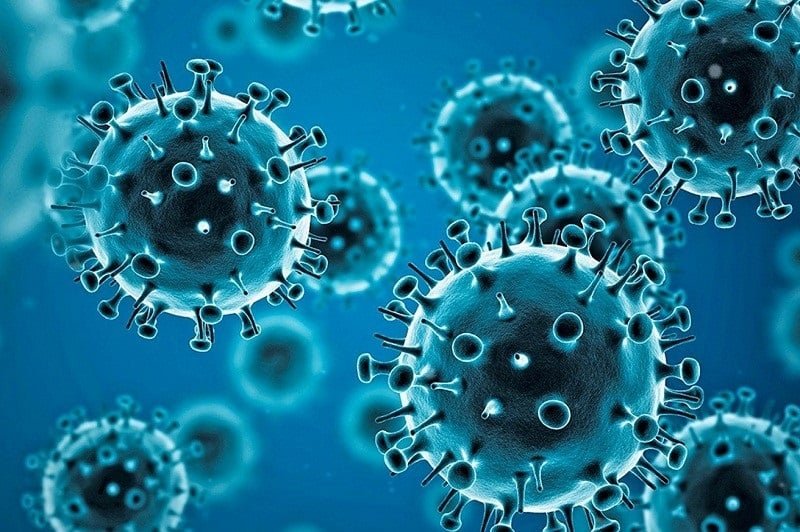By K. Leelamoni
The coronavirus variant JN. 1 has been causing concern among health experts and the public alike. JN.1 is surging in many countries, including the US, China, India and Singapore. Its prevalence has been rapidly increasing globally.
The SARS-CoV-2 virus is continually evolving and forming new lineages.
JN.1 is an Omicron sub-lineage characterised by an additional mutation in its spike protein, which enables the virus to spread rapidly compared to other variants.
They can get across the immune defence system of the body faster than the original Covid-19 strains.
Covid-19 variants are classified by WHO as variants of concern. In general, it means that the variant can spread faster, cause more severe disease, and show increased resistance to current treatments which may not be detected by existing tests.
Variant of interest
A variant of interest is defined as a strain with genetic mutations that may behave differently compared to other virus strains that are currently under circulation.
Variants under monitoring are variants with genetic changes that may pose a future risk and require enhanced monitoring.
Currently, the JN.1 variant is included under the “variants of interest” by the WHO, because of its rapid spread, but considered to be of “low” public health risk.
At this point, there is no evidence to show that JN.1 causes more severe disease. Moreover, its morbidity and mortality rates are also low. More studies need to be done in this regard.
Though its current evaluation as a global public health risk is “low”, the UN health agency cautioned that with the onset of winter, the new variant could increase the burden of respiratory infections in many countries.
JN.1 variant spread
JN. 1 continues to be reported in multiple countries and its prevalence is increasing. The Centre for Disease Control and Prevention states that the JN.1 variant accounts for between 39% and 50% of Covid-19 cases in the US.
In the UK health agencies reported around seven per cent of the total cases were JN.1.
In India also there is a surge in JN.1 cases. India has so far detected 21 cases of the JN.1 variant in three states — Goa, Kerala and Maharashtra.
While Goa reported 19 cases, one each has been detected in Kerala and Maharashtra.
The symptoms are similar to the previous strains of Covid-19, such as fever, running nose, sore throat, headache, and mild gastrointestinal symptoms like abdominal pain and diarrhoea.
One good news is that JN. 1 infection can be detected by our existing tests, and the current treatment regimen and the current Covid-19 vaccines are effective against this new variant.
Prevention
According to Dr Soumya Swaminathan, former WHO chief scientist, this new strain should not be dismissed as a ‘common cold’ and not to take this virus lightly.
There is no need for any panic. Since it is a variant of the Omicron family, the existing preventive measures should be continued.
In India, the Central and State ministries have stepped up monitoring and surveillance measures with mock drills of hospital preparedness and effective communication with the public.
Hospitals are to be ready with medical oxygen, adequate beds, drugs and diagnostic and referral support. A constant vigil over the Covid-19 situation at all levels of the healthcare delivery system is to be maintained.
Ramping up of testing, isolation of positive cases and following safety protocols in areas of spread are to be strictly followed.
‘Not zero’
The current risk of JN.1 may be low, but it is certainly not zero. Hence existing preventive measures against Covid-19 need to be continued.
Personal protection using masks and physical distancing have to be continued for days to come.
Experts advise caution as family and friends are expected to gather for holidays and there are more chances of the spread of respiratory illnesses.
Always try to avoid remaining in a closed environment with poor ventilation without a mask. Practice of these safety measures will help to reduce transmission during the coming days.
Remember that Covid-19 is still with us, continuously evolving and forming new lineages and we still need to stay ahead of it. Maintaining a cautious vigilance rather than undue panic is the need of the day.
(The writer was a former Head of the Department of Community Medicine at the Government Medical College in Kozhikode and Thiruvananthapuram and worked at the Amrita Institute of Medical Sciences in Kochi.)
